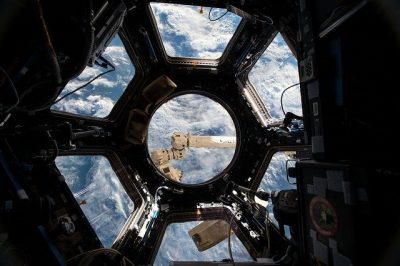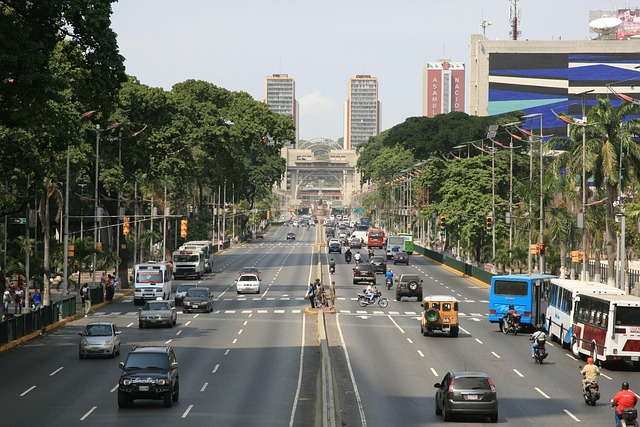 The government, in its original form, provided military, judiciary and administration. The aristocracy collected taxes from the commoners and promised defence in the event of war. Over time, the government was increasingly transformed into a type of insurance company, where most of the budget goes to social protection, such as unemployment benefit, parental allowance, child allowance, social assistance, etc.
The government, in its original form, provided military, judiciary and administration. The aristocracy collected taxes from the commoners and promised defence in the event of war. Over time, the government was increasingly transformed into a type of insurance company, where most of the budget goes to social protection, such as unemployment benefit, parental allowance, child allowance, social assistance, etc.
Health care and schooling are on the schedule in many countries. And also carefully and with the utmost surgical accuracy regulating all areas of life, this task contributes to jobs and employment for all government officials and clients. Its operations have swelled in many Western countries in recent years.
But what will it look like in the future? Are government services needed in a world where research and development is constantly moving forward?
Through biological engineering we can already create smart crops that yield far more than before. In the future, we will be able to grow all kinds of nutrients cheaply and on a large scale. A meal will cost very little. Few people will risk poverty.
We know more and more about the human body, its function and genetics. With smart medicines and advanced surgical methods, we will be able to fight most ailments. In addition, the price of health care will be pushed down more and more. Compare with eye surgery for myopia, where the cost has gone down while the quality is constantly reaching new heights.
People worry that we will have problems with unemployment, because robots and artificial intelligence will take over. However, we can also imagine that jobs will increase, especially in the entertainment and gaming industries. Soon we will see people who are super famous in certain niches, and live on ad revenues and donations from followers and fans, but no one recognizes them on the street. Writers, citizen journalists science journalists, experts, composers, musicians, filmmakers, creators, etc. There will be a great desire for interesting personalities in a world where everyone is connected. In addition, we will need a wealth of people who serve, build and develop the vast digital society with all its systems and gadgets.
Sooner or later we will solve the mystery of fusion and get unlimited clean energy, and until then we will build safer traditional nuclear power plants, thorium reactors etc. The new technology will allow small scale energy production, with small local reactors, and we will not be as dependent of large national electricity networks.
Already today a population decline is seen in the western world and Japan, it is only immigration that keeps up the statistics. We can soon expect a reduction in population in these emigrant countries as well. That we are getting less is no problem, maybe we have reached the population maximum within a few years, and then it slowly goes down and settles on a more stable level. The increasing amount of elderly citizens will not cause instability as we will be able to work and be more active all the way up the ages.
We will pay with digital currencies, like bitcoins or similar. We can also imagine micro shares as means of payment, the value of which consists of different parts of precious metals, real estate, shares, art or other. Digital service companies hold the balance sheet for us. Central banks and traditional banks are no longer needed.
Our children will have more extensive knowledge of the world than we had at the age of 18. With new media learning can be done in a much faster and more efficient way. People will question the meaning of sitting in the school bench for decades.
In the future, some sort of combined accident and life insurance may suffice. It covers health care and other problems that you might encounter. And if we manage to create a harmonious and peaceful society with less crime and prone to accidents, then the insurance premium will be low. We will also need less of the judicial system, which is the state’s parade branch.
I may exaggerate a bit, but the state’s role as the ultimate source of security will sooner or later be threatened. Technological developments will increasingly ensure safety and security.
Maybe it is the drawn-out death struggle of the state power we are seeing now? Like the balloon that swells to the burst before it explodes? Politicians will feel compelled to scare us with climate change, genetically engineered crops, stem cell research, virus outbreaks, radioactivity, wars, terrorism, crime, etc etc. Otherwise, we will not need them, or their help. Civil society will solve all that the state offers today. Remaining the question of different kinds of internal and external threats. The government will not give up, the right to tax is an overly lucrative business concept to be abandoned. We will certainly see more and more of the state’s compelling and helping hand, again and again, whether it is needed or not. It will be a long and complicated story.







